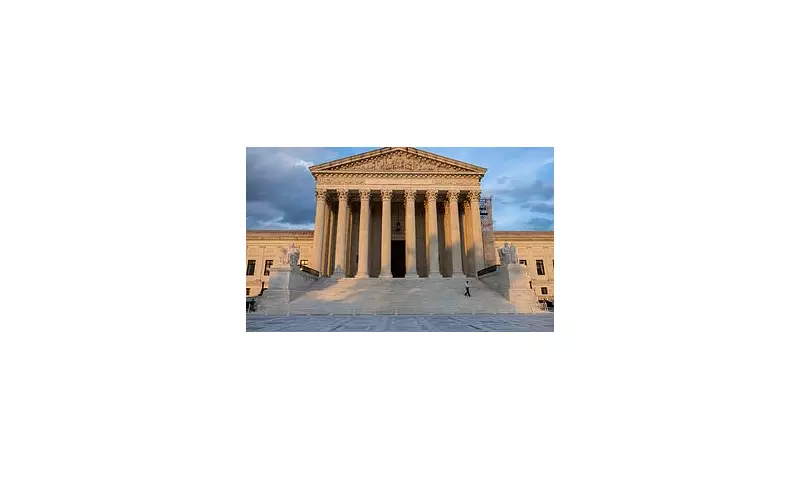
In a decisive move that underscores the ongoing legal battles over immigration in the United States, the Supreme Court has delivered a sharp rebuke to former President Donald Trump's agenda. The court declined to hear an appeal from Trump's administration, effectively endorsing a Los Angeles ordinance that limits police cooperation with federal immigration authorities.
The ruling marks a significant victory for so-called 'sanctuary cities' and deals a final legal blow to one of the Trump administration's key policy pushes. Los Angeles officials have hailed the decision as a triumph for community policing and local autonomy.
Details of the Los Angeles Ordinance
The contested law, known as Special Order 7, was enacted by the Los Angeles Police Department. It prohibits officers from initiating police activities with the sole objective of enforcing federal immigration laws. Crucially, it bars police from questioning individuals about their immigration status or cooperating with federal immigration detainer requests without a judicial warrant.
Proponents argue that such measures are vital for building trust between immigrant communities and law enforcement, ensuring that all residents feel safe reporting crimes without fear of deportation.
The Trump Administration's Challenge
The Justice Department under President Trump had aggressively challenged these policies, arguing that they obstructed federal law and endangered public safety. The administration attempted to withhold federal grant money from cities that adopted such stances, leading to a series of legal confrontations.
With the Supreme Court's refusal to take up the case, a lower court's ruling in favour of Los Angeles stands unchallenged, bringing this particular legal saga to a close.
Broader Implications for US Immigration Policy
This decision is more than a localised victory for Los Angeles; it signals a continuing trend of judicial resistance to the hardline immigration tactics that characterised the Trump era. It reinforces the principle that local jurisdictions have considerable discretion in how they interact with federal immigration enforcement efforts.
The ruling leaves the Biden administration with a settled legal landscape as it continues to unravel its predecessor's immigration policies and seeks to implement its own approach.






